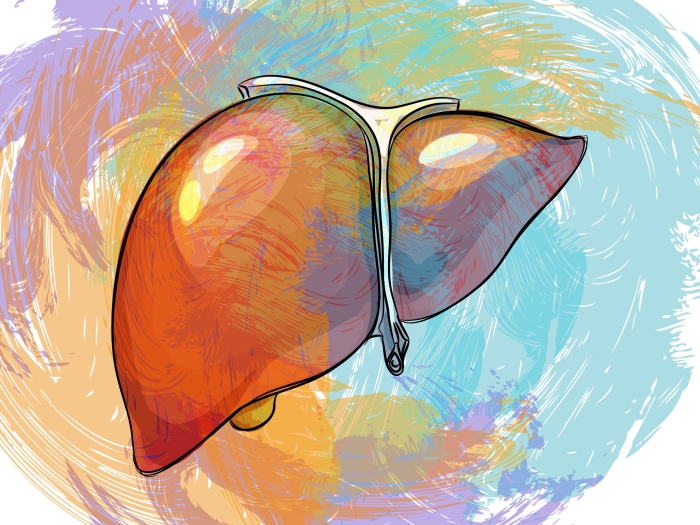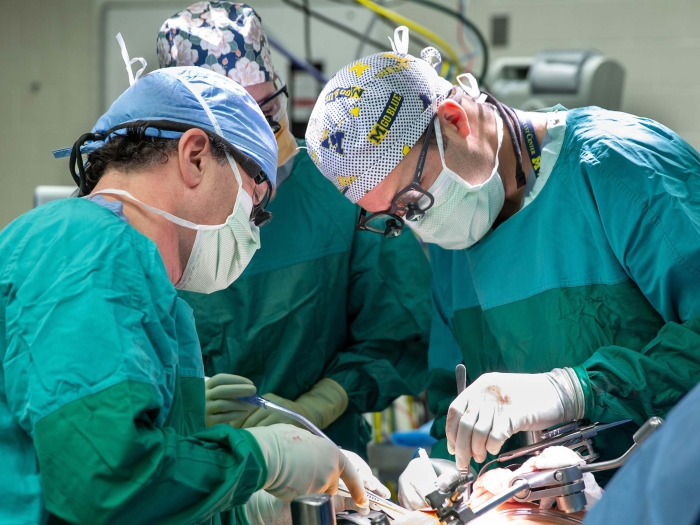A new study aims to help doctors pinpoint the progression of bowel damage — and keep patients out of the hospital.
1:00 PM
Author |

Patients with Crohn's disease receive a lot of poking and prodding, so the potential to monitor progression of inflammatory bowel disease simply by listening to their guts seems like a dream.
MORE FROM MICHIGAN: Subscribe to our weekly newsletter
A team of University of Michigan researchers is doing just that.
Experts at U-M's Inflammatory Bowel Disease Program have launched a study using nonlinearity ultrasound, a noninvasive test in which sound waves monitor bowel stiffness and measure accumulated bowel damage.
Because Crohn's is characterized by flare-ups, with inflammation coming and going, fibrous scar tissue can build up inside the intestinal walls over time. Repeat episodes may narrow the intestines to the point of blockage.
Such obstruction can prompt emergency surgery — either a bowel resection or a strictureplasty — to treat the diseased area.
That's why this study is using ultrasound technology to help identify and measure bowel damage before it leads to blockages.
The concept was tested on diseased laboratory animals with encouraging results. Now, U-M is seeking more Crohn's patients to sign up for monitoring.
A preventive approach
Another goal of the study is to stop revolving-door hospital visits because of flare-ups, says Peter Higgins, M.D., Ph.D., M.Sc., a Michigan Medicine gastroenterologist and director of the Inflammatory Bowel Disease Program at U-M.
Steroids are a common treatment, he notes, but they come with major side effects.
Symptoms and treatment of inflammation, meanwhile, can disrupt a patient's life.
SEE ALSO: How 3-D Printing Makes Ostomy More Personal (and Less Problematic)
"You miss a lot of life with repeated hospitalizations for blockages," Higgins says. "If we can identify severe bowel damage, a timely planned surgery is often the best option. A scheduled, elective surgery can often use a minimally invasive technique, laparoscopy, when you're feeling healthy, which shortens recovery."
Which is why the ultrasound monitoring could be a simple and painless preventive measure. Performed during an office visit, it requires no needles, medication, fasting or bowel preparation.
Patients in the ultrasound study are checked every three months for progression of bowel damage. The researchers hope to learn how to identify severe bowel damage and predict which patients will need surgery.
To learn more about the study, call 734-615-4843 or email [email protected].

Explore a variety of healthcare news & stories by visiting the Health Lab home page for more articles.

Department of Communication at Michigan Medicine
Want top health & research news weekly? Sign up for Health Lab’s newsletters today!





